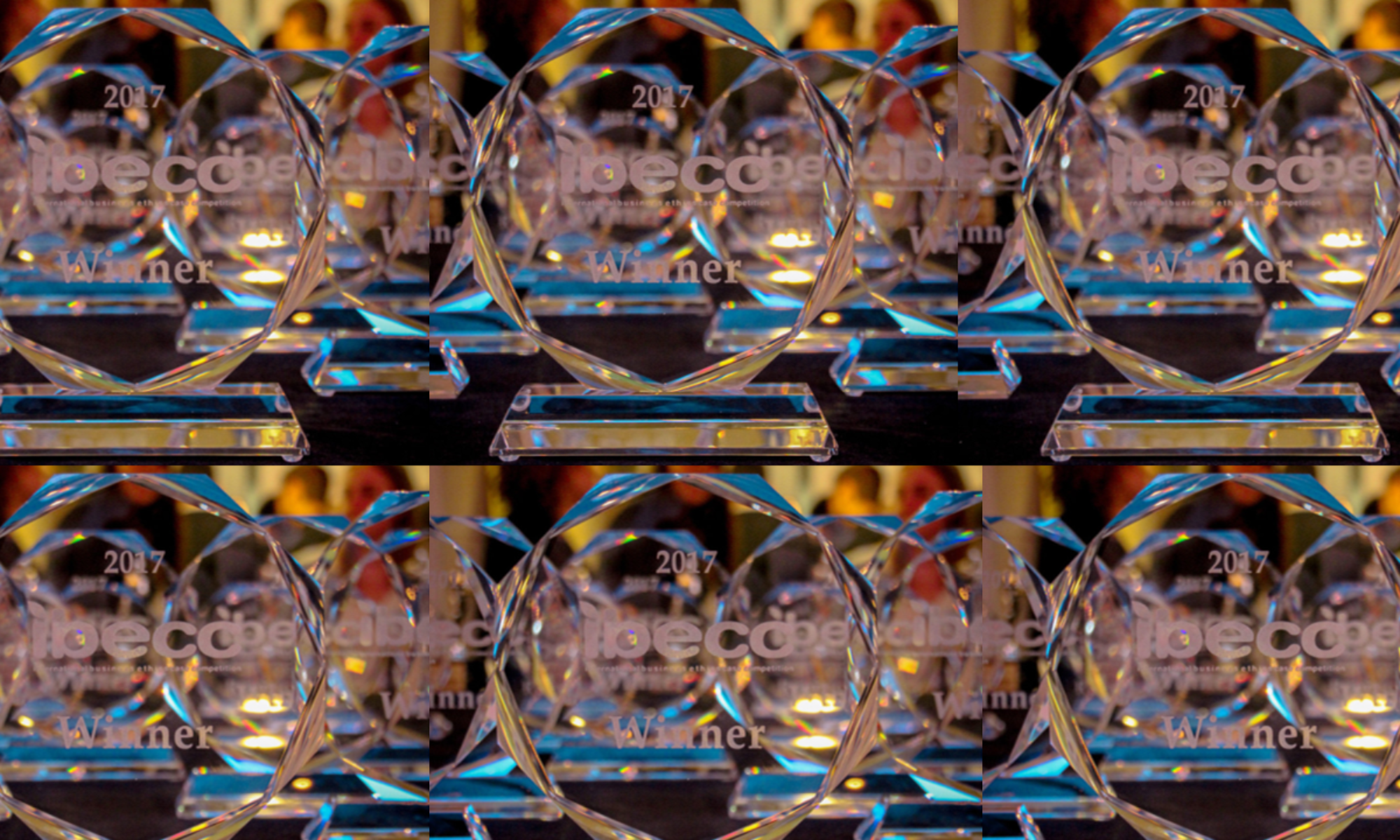1. Most importantly, please familiarize yourself with the judging form. Click here for a copy of the judging form. We will have copies for you when you arrive.
2. If you’re new to the event, please read through the “presentation guidelines” pages about the competition to get an overall sense of how we describe things to students. This is what we tell students to read, so you’ll know what they’ve been told what to expect. Also, please bear in mind the following when you decide how to handle the Q&A and when you fill out the judging form. Most students in the undergraduate division of the competition probably have had relatively few business courses. This is the first experience many of the students have had with such a comprehensive exercise. We want them to feel appropriately challenged in the Q&A, but not intimidated. In addition, please bear in mind that even though we ask students to address the legal and financial dimensions of the case, this is primarily a business ethics competition, not a business plan or a business law competition. Students have been instructed to explain the ethical issues in a simple and straightforward way in a way that is consistent with a secular, philosophical approach to ethics, and they have been advised to make it plain how these issues relate to business concerns. So, if you’re going to press them for more explanation, our preference would be for you to concentrate more on these issues than on financial or legal ones. In this regard, you might want to pay special attention to the way that we ask students to approach the ethical issues. See the “Handling the Ethical Issues” of the Presentation Guidelines page to see what we mean.
3. You aren’t expected to know anything about the topic you’re judging. It is the team’s job to bring you up to speed.
4. We’re trying to discourage two bad habits that students have fallen into over the last few years: reading from a text and being so enamored with graphics that the speaker simply fades into the role of a narrator. Please consider these serious errors if the team you’re judging does either of these.
5. Teams have been encouraged to handle the ethical issues in a way that would be most palatable to a business audience. That is, they should be trying to translate the technical, ethical issues into language that would fit with the mind set that would prevail in a business. They’re still responsible for considering the tangible good and harm that actions at issue might do, as well as the intrinsic ethical character of the actions. But you should find them doing this in a way that’s most appropriate to the audience they’ve chosen to address.
6. If you are new to the event, please view at least one of the top presentations from recent years available on YouTube. Click on the link to view the Videos webpage:
7. Please also watch the two videos on the ‘Essential Videos’ tab (under ‘Resources’). These are two that we ask students to watch. One is a brief introduction to how we approach ethics at IBECC; the second offers advice about presentations.
8. You should also read this essay by Ken Goodpaster (University of St. Thomas): “Clarifying-the-Avenues-for-Ethical-Analysis.”
